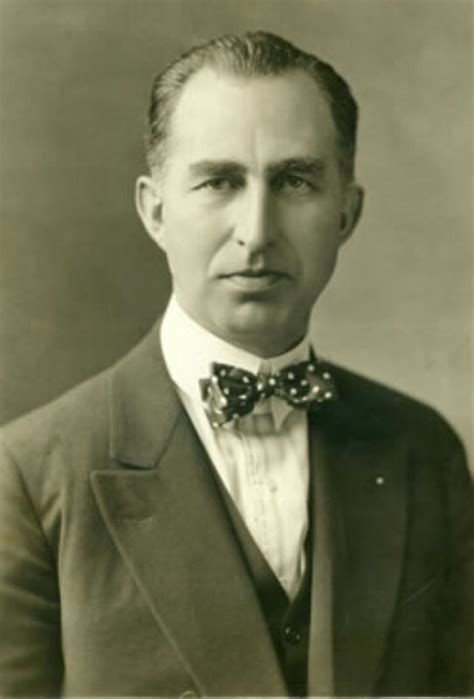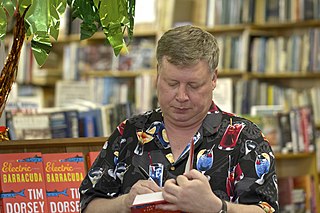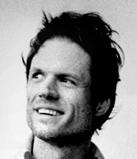A Quote by John Shelby Spong
I don't make that decision [what next book will be] until I've read enough to know that I've got something different to say and I know how to say it.
Related Quotes
Young screenwriters are always very frustrated when they talk to me. They say, 'How do we get to be a screenwriter?' I say, 'You know what you do? I'll tell you the secret, it's easy: Read 'Hamlet.' You know? Then read it again, and read it again, and read it until you understand it. Read 'King Lear,' and then read 'Othello.'
...And another item from the growing file of people who voluntarily wear dunce caps... You'll be talking cordially to someone and make an offhand reference, 'I recently read where--' and they'll cut you off and say, 'Oh, I don't read'... This is a tragedy on so many different levels. First, because they don't read, they don't know enough to keep it to themselves. Next, and this is the most amazing part, they use a demeaning tone like I'm the stupid one for wasting time with books.
Zombieland reference," Jon said, nodding. "How do you know that? That's a thousand-year-old reference!" I looked at laura. "I can't think of a single movie from a thousand years ago." "Uh...Betsy..." "Don't say it." You know how you don't know how stupid something is until you hear yourself say it? That happened to me a lot.
A word, and all the infinite fluctuations it may possess. Like that moment when you know you have something to say, and you know you're speaking, even, but you still have no idea how you will say it. Or the moment when, as a reader, you're reading, and you are understanding what you are reading, but still have utterly no idea what will come next for you, what precisely the author wants to say. For me, that is the ultimate level of literary depth, of literary density.
You know how sometimes you're talking to people who love you and give you unconditional love, and you say, "But you know what? Let me back up. I forgot to say . . ."You can do that, right? You don't hesitate and say, "Oh my God! I forgot to say that!". You just speak! And you say it all, until you have nothing more to say. And that's your first draft. It's done.
You must know that in any moment a decision you make can change the course of your life forever, the very next person who you stand behind in line or sit next to on an aeroplane, the very next phone call you make or receive, the very next movie you see or book you read or page you turn could be the one single thing that causes the floodgates to open, and all of the things that you've been waiting for to fall into place.
When I am working on a book or a story I write every morning as soon after first light as possible. There is no one to disturb you and is it is cool and you come to your work and warm as you write. You read what you have written and, as you always stop when you know what is going to happen next, you go on from there. You write until you come to a place where you still have your juice and know what will happen next and you stop and try to live through until the next day when you hit again.
Nobody knows I'm different. Or they may know, but they don't know how different and they don't know what this thing is that's driving me because I can't... this is... these are charges ... which I understand having got two children of my own and having had these mad thoughts myself that you know, I've got to get out there and do something. I don't know what it is, but it's got to be interesting.
Many people say, "Well, I'd love to make a decision like that, but I'm not sure how I could change my life." They're paralyzed by the fear that they don't know exactly how to turn their dreams into reality. And as a result, they never make the decisions that could make their lives into the masterpieces they deserve to be. I'm here to tell you that it's not important initially to know how you're going to create a result. What's important is to decide you will find a way, no matter what.




































